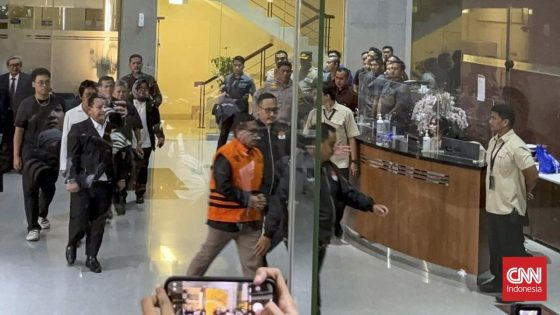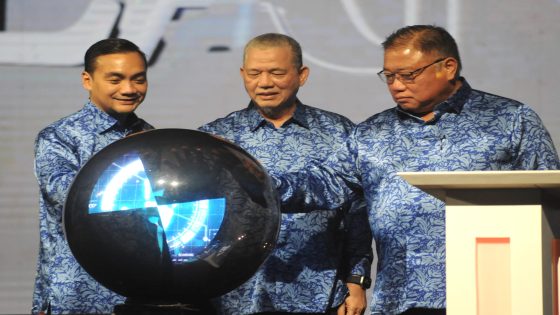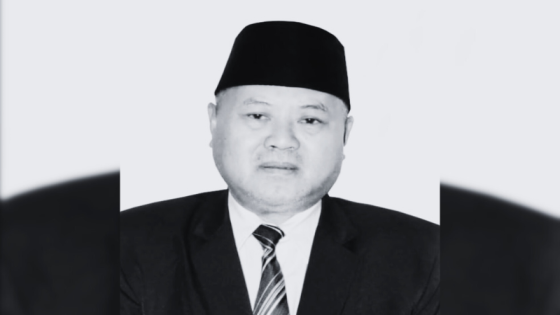On February 20, 2025, the Corruption Eradication Commission (KPK) detained Hasto Kristiyanto, the Secretary-General of the Indonesian Democratic Party of Struggle (PDIP), over allegations of bribery and obstruction of justice. This significant event raises questions about political integrity in Indonesia. How will this impact the PDIP and the broader political landscape?
- KPK detains Hasto Kristiyanto for bribery case
- Demonstration by PDIP supporters at KPK
- Hasto's legal team includes prominent lawyers
- Hasto accused of obstructing investigation
- Court rejects Hasto's pretrial motion
- Involvement in Harun Masiku's case noted
Hasto Kristiyanto’s Arrest: What It Means for Indonesian Politics
Hasto Kristiyanto’s detention marks a pivotal moment in Indonesian politics. Will this scandal affect public trust in political parties? As the KPK investigates, the implications for the PDIP could be profound, potentially reshaping the party’s future.
Key Details Surrounding the Hasto Kristiyanto Case
The KPK’s actions against Hasto Kristiyanto reveal the ongoing struggle against corruption in Indonesia. Here are some essential points regarding the case:
- Hasto is accused of bribing former KPU Commissioner Wahyu Setiawan.
- He allegedly obstructed investigations related to the appointment of Harun Masiku.
- Hasto’s detention follows protests from PDIP supporters.
- He has attempted to challenge his status as a suspect through legal means.
The Impact of Hasto’s Arrest on PDIP’s Reputation
The arrest of Hasto Kristiyanto poses serious questions about the integrity of the PDIP. With public scrutiny increasing, how will the party respond? The PDIP must navigate this crisis carefully to maintain its credibility and support among voters.
Broader Implications for Indonesia’s Political Landscape
This incident is not just about one individual; it reflects the broader issues of corruption within Indonesian politics. As the KPK continues its investigations, the outcomes could lead to significant shifts in political alliances and public trust.































